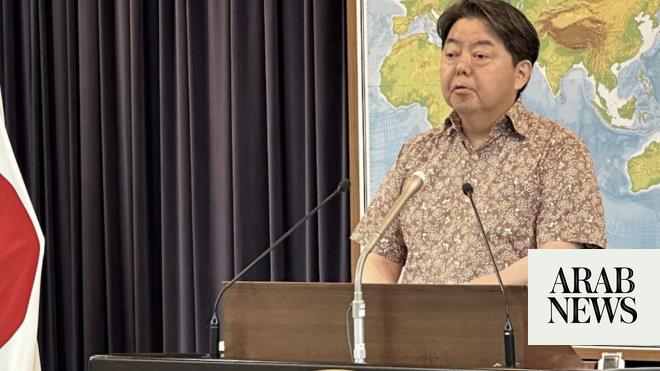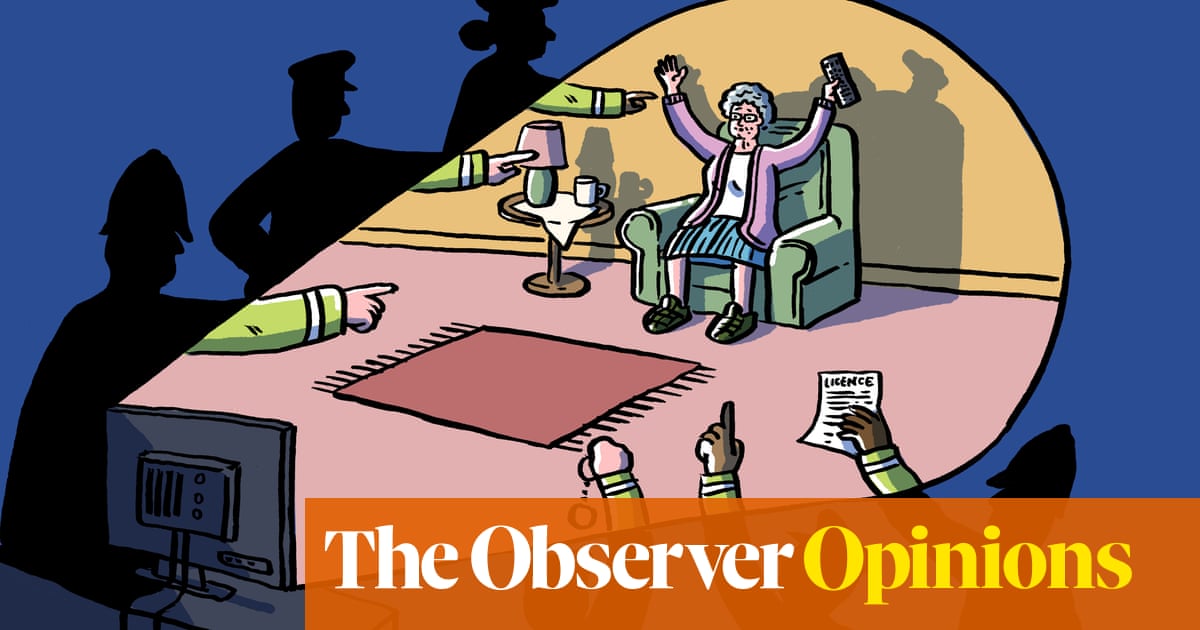
Palestinians will be reflecting on the 54th anniversary of the occupation of the West Bank and Gaza Strip this week. Nothing will encourage even the most optimistic among them that they are even one inch closer to seeing the end of this “temporary” occupation. Looking at the likely new Israeli coalition government will certainly not give any cause for hope.
Many Palestinians will declare that it matters not a jot who is in Beit Aghion, the Israeli prime minister’s residence. The new Israeli coalition will, therefore, not cause joyous celebrations in Gaza, Ramallah or Haifa. Palestinians know that the settlements have expanded under every shade of Israeli government. All that alters is the focus of where they should be expanded. So, for Palestinians, this Israeli “change” coalition is not going to mean change for them.
This “nothing will change” attitude has some merits, but it is slightly more complex than that.
The probable 13th prime minister of Israel, Naftali Bennett, is no liberal. If anything, he is even further to the right than Benjamin Netanyahu. He was, for a time, the head of the Yesha Council that represents Israeli settlers. Bennett even boasted: “I’ve killed lots of Arabs in my life — and there’s no problem with that.” He will perhaps be restrained by his coalition partners on the left, like Labor and Meretz, but he will also be aware that they will not wish to see the coalition crashing. Parties such as Labor and Meretz have very few opportunities to be in any coalition, given the plummeting levels of support the left in Israel has had this century.
But Bennett is in a strange situation for a man whose party gained just 6.2 percent of the vote. He too will be reluctant to head into another election, at least until he has given the last rites to his predecessor’s political career and, preferably, seen him disappear into a prison cell. Bennett will need the coalition to work. This may be his one opportunity as prime minister — the chance to establish his credentials as the long-term leader of the Israeli right. He will have to demonstrate he can deliver and appeal to various factions in the Likud party that do not worship at the altar of the cult figure that is Netanyahu.
However, the man who has held that torch for the last decade and more is not going to go quietly into the sunset. Netanyahu may have to pack his bags, but he will do absolutely anything to break this coalition and get back into power. Rattled, Netanyahu has engaged in a series of explosive rants, largely against Bennett, whom he accused of “selling the Negev to Ra’am,” the Palestinian Islamist party that has agreed to join the coalition. Bennett fired back, saying: “We are allowed to choose a government that you are not the leader of. One that is 10 degrees more right wing than yours.” Netanyahu also took a leaf out of his friend Donald Trump’s playbook by insisting: “We are witnessing the greatest election fraud in the history of the country, in my opinion in the history of any democracy.”
To smash this coalition, Netanyahu will detonate a host of hand grenades, starting by raising the temperature in Jerusalem. Extreme right-wing groups will hold a march through the city on Thursday — an act designed to foment clashes, not least when the marchers head through the Damascus Gate, the main entry point to the Muslim Quarter of the Old City. He and his cohorts will bait Bennett into acting tough and backing these racists, the likes of whom chanted “Death to Arabs” back in April.
For the Palestinian citizens of Israel, this is a seminal moment. For the first time, they have more than a few feet under the table in an Israeli coalition (there has been a Palestinian minister in the past). How will this work out? The challenge for Mansour Abbas and his Ra’am party will be to meet the expectations of his support base while refusing to push Palestinian national issues. He is not going to get involved in issues such as Gaza, Jerusalem and Sheikh Jarrah. Abbas’ priority is funding for Palestinian communities in Israel. He has reduced his demands to one of budgets.
All of this may have worked for Abbas during the elections in March. But the zeitgeist for Palestinians now is unity across all boundaries, which they feel has given them renewed strength. Abbas works against that and is consequently now highly unwelcome in Palestinian communities and in the Palestinian media. The Palestinians cherish their rights above a few extra shekels.
Members of the main Palestinian party, the Joint List, are furious. New Member of the Knesset Sami Abu Shehadeh told me that “our main issues were not discussed at all with his (Abbas’) partners in the coalition. They totally ignored our Palestinian identity or Palestinian issues.” He sees Palestinians as paying far too high a price for this. For Abu Shehadeh, one of Abbas’ mistakes is to ignore that “it is not Netanyahu’s personality that is the problem, but his policies.”
So what are the options for the Palestinian national movement? President Mahmoud Abbas’ choices are limited. He could hold elections and then set up a unity government. More likely, he will wait to see if the Biden administration can conjure an opening for serious negotiations. At least Biden is not hostile in the same vein as Trump. President Abbas has an ear in Washington but, if he is to remain relevant, he has to tap into the new-found Palestinian fervor for unity, which was best expressed in the demonstrations over Sheikh Jarrah.
The challenge for Abbas will be to meet the expectations of his support base while refusing to push Palestinian national issues.
Chris Doyle
Hamas and Netanyahu have always played off each other — an unwritten alliance of convenience — as both hated even the idea of negotiations where painful concessions would have to be made. Both also hated Fatah. Some members of the incoming Israeli coalition are less keen on playing this divide and rule game. This might mean harsher policies against Hamas and, therefore, Gaza, both to demonstrate toughness and also because the prime agenda will be to strengthen Ramallah, not undermine it.
Palestinian issues rarely figure in Israeli politics anymore. Yet, working across all lines as one, the Palestinians may now have their moment to send a key message to Israelis: “You cannot ignore us forever.” Maintaining a regime of occupation and apartheid is no way forward for either the Israelis or the Palestinians.
Chris Doyle is director of the London-based Council for Arab-British Understanding. Twitter: @Doylech
Disclaimer: Views expressed by writers in this section are their own and do not necessarily reflect Arab News" point-of-view












